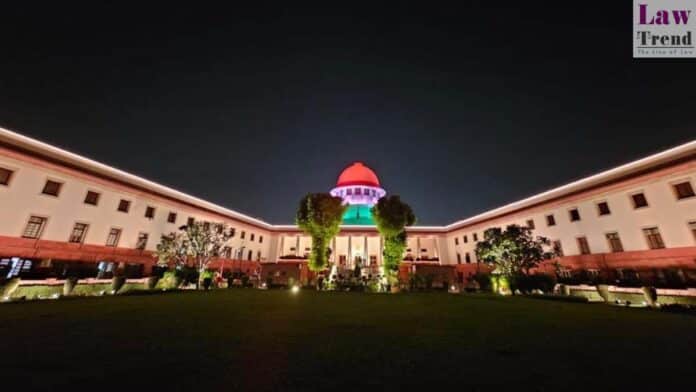The Supreme Court on Tuesday issued a notice to the Central Government, seeking its response to a Public Interest Litigation (PIL) advocating for the formulation and implementation of a comprehensive policy aimed at aiding homeless individuals afflicted with psychosocial disabilities.
The bench, comprising Justices Vikram Nath and Sandeep Mehta, directed the notice following the submission of the PIL by advocate Gaurav Kumar Bansal. The plea emphasizes the urgent need for standard operating procedures that would guide key stakeholders—including law enforcement and medical health departments—in effectively and humanely managing the challenges faced by this vulnerable population.
Psychosocial disabilities are defined as the barriers encountered by people with mental health conditions due to societal discrimination, inadequate support, and other related factors. The plea accuses the current system of being replete with structural deficiencies, wherein the homeless with such disabilities are often ignored, socially isolated, and subjected to physical and sexual abuses rather than receiving proper care.
Highlighting the legislative and policy gaps, Bansal’s petition points out that despite the existence of the Mental Healthcare Act, 2017, and the National Mental Health Policy, 2014, the provisions intended to protect and assist homeless individuals with mental health issues remain unimplemented. The petition criticizes the absence of a structured national policy on homelessness and mental illness, which has led to a “complete breakdown of the system,” leaving thousands without essential services such as medical care, shelter, or social entitlements.
The petition also references the National Mental Health Survey of 2015-2016, which underscored the government’s failure to quantify the actual number of homeless individuals suffering from mental illnesses accurately. This lack of data has led to policy paralysis, preventing the execution of targeted interventions and the allocation of necessary resources. According to the survey, dedicated rehabilitation facilities are largely non-existent or grossly inadequate, with most district-level respondents confirming a lack of institutional support for the long-term care of the homeless mentally ill.




